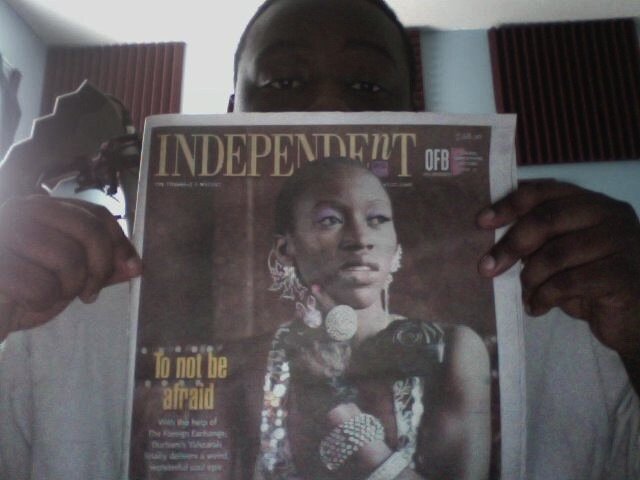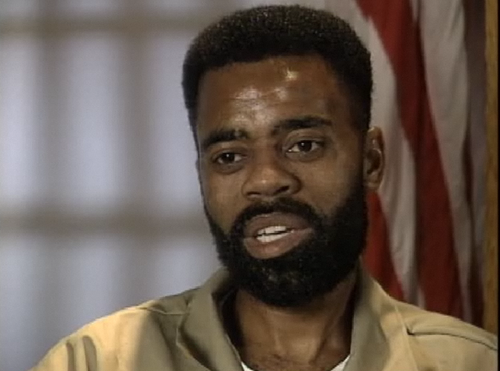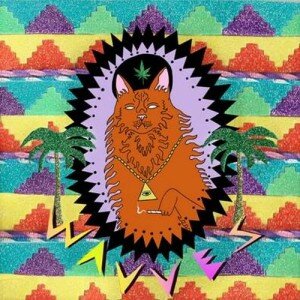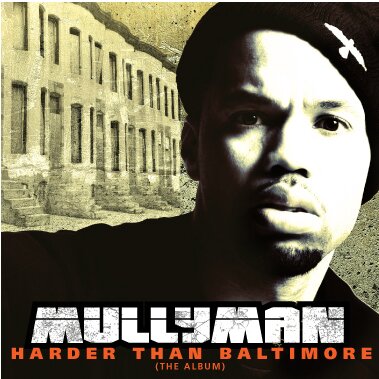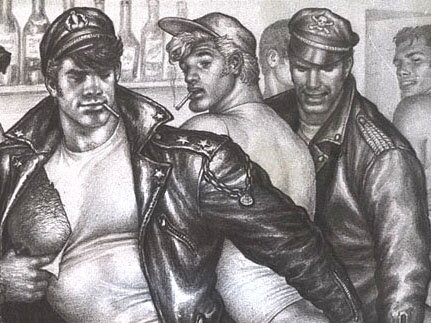
Things I couldn’t find a place for in this article….Z-Ro’s “no discrimination” verse from “T.H.U.G” that mentions “lesbians and gay men.” The last verse of Pimp C’s “Shattered Dreams” where he tells gay people, “do your thing, because can’t no man tell you what’s wrong or right.” Also that Lil Wayne, like Tupac before him, dresses in a kind of “drag-king” style clearly swiped from the working-class lesbians of his city (incidentally, Tupac’s from Baltimore, the home of out Club vocalist Miss Tony). The write-up’s stronger for not having those tangents, but they’re worth mentioning I think. Not to play a “name your favorite anti-homophobia reference in rap” game but to totally play, “name your favorite anti-homophobia reference in rap,” what are yours? I’ve long had the idea to do a “gay week” on this blog that really break down the many direct and sideways contributions the gay community’s provided for hip-hop. May still do it one day. Yeah, the article’s below as usual:
The familiar conceit of this past Sunday’s New York Times Magazine article “Sissy Bounce: New Orleans’s Gender-Bending Rap,” goes something like this: There are some gay rappers in New Orleans. Rap’s usually really homophobic. That’s crazy, huh? Contrasting the apparently enlightened attitude of New Orleans bounce with mainstream hip-hop’s homophobia in order to wrap a chin-scratching, Times-friendly thesis around a rowdy, obscene style of Southern dance music is probably good for the genre’s visibility. And the assertion that rap is gay-unfriendly is so well proven by now that the piece’s writer, Jonathan Dee, doesn’t even deign to provide any examples to support it. Fair enough: hip-hop’s track record, when it comes to addressing homosexuality, is abysmal. But do we really know for a fact that rap remains completely unenlightened, circa 2010?
In the eighties, hip-hop was venomous toward gays: think Big Daddy Kane’s “anti-faggot” law from “Pimpin Ain’t Easy”, or Public Enemy’s “The parts don’t fit/Aww, shit” aside from “Meet The G That Killed Me.” In the nineties, rap’s signature was the hard-ass “faggot”-filled vitriol of groups like Wu-Tang and the Lox. Along with today’s lunkheaded leftovers from those two decades, there are still songs like “MC Hammer” off Rick Ross’ Teflon Don, wherein the Boss tells listeners “credit card scams [are] for the faggots.”
